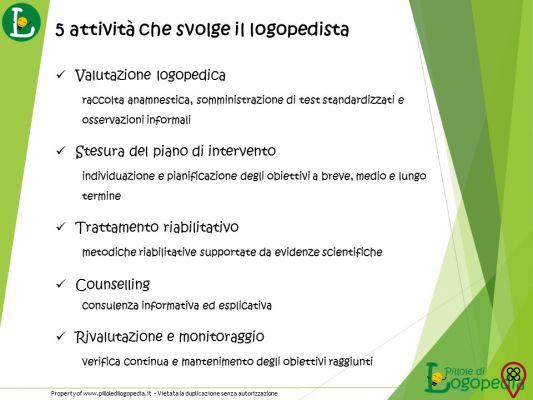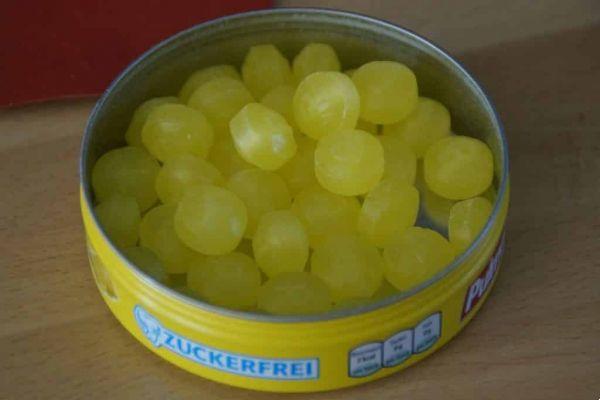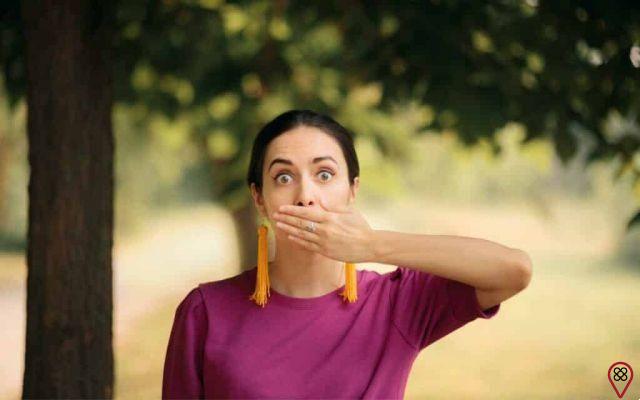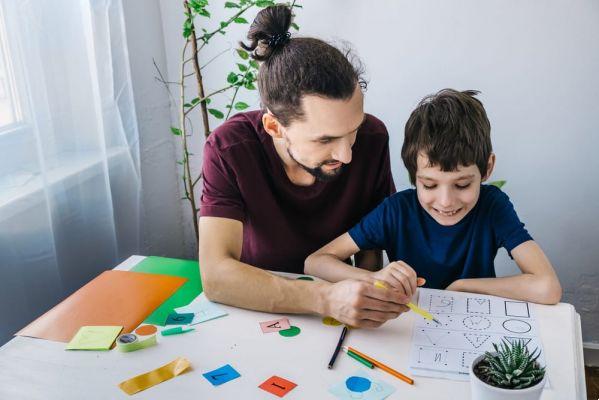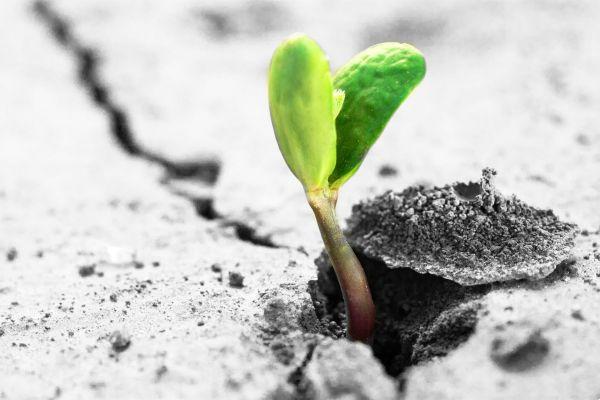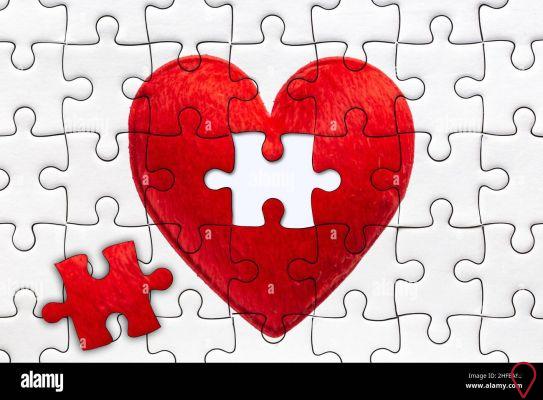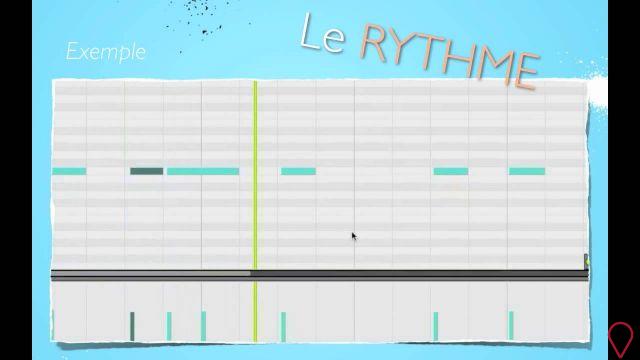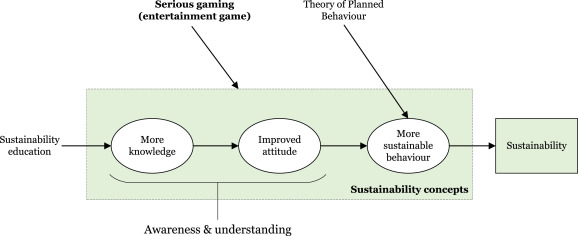
The word “theatre” originated from the Greek “théatron”, meaning “place from which to see”, contemplating both the events of Life and the look inward, “to look at oneself”. In the native African language there is no correspondence for the word “theatre”, but an equivalent: “nyogolon” (“to know us”). Going to the nyogolon means, for the African, to clarify the vision, to see the invisible. From this perspective, experiencing theater is putting oneself in constant contact with oneself and with others, expanding perceptions and the world view. Theater makes man whole by transforming him, by reintegrating him into himself. In short, we can emphasize that Art – especially theater – requires and promotes commitment to Life, reconnecting us to our inner self and, by extension, to the Universe around us.
Viola Spolin teaches that the being surrounded by theatrical art remains in the world of perception, open to all the stimuli that the environment offers, immersed and organically penetrated in it. Theatrical games are natural ways to allow this experience. In them, a unity of the whole extends to the whole; the sense of self is awakened and transcended.
Thus, when we think of an education aimed at transforming our relationships with the Planet — an education for sustainability — we could not fail to turn to the art educator Viola Spolin, whom we can consider an environmental educator. The author explains that learning occurs through the experience that takes place in the full, organic involvement between the individual and the environment that permeates him, especially at the intuitive level, of spontaneity.
In theatrical games — usually guided by only simple rules that guide the players’ focus — the resolution of the presented problems is conducted through three basic questions posed to the players: “Who am I?” (role I play), “where am I?” (my place) and “what am I doing?” (my action) in relation to the focus of attention. Knowing who you are, where you are and what you are doing provides a rich personal experience that connects you to the whole. In Life, thinking about these issues may not be as easy as it seems, since we live immersed in fragmented environments, looks and bodies, which totally disconnects us from our Natural and ecological dimension! We then looked for some authors who could help us in this construction with regard to each of the three questions brought by the art educator in relation to education for sustainability.
Professor Ivana Ribeiro approaches education for sustainability from the point of view of “who am I?”. In an attempt to understand what motivates people to seek peace and sustainability, he concluded that the first step of this journey is self-knowledge, or "know yourself!", approaching the socio-environmental theme from the closest environment to the human being. : your body&soul.
We found in the understanding of the psychologist Monica Serra the most loving complementation for the “where am I?”, directly related to education. Knowing where we are in the world makes us feel that we belong to the whole. For Serra, this notion comes from the expansion of our consciousness beyond our body and the existing mini-territory around it — our kinosphere — to unity with the Whole.
You might also like:
- What to understand by the power of theater?
- Reflect on whether life can be interpreted with a theater
- Learn to express your feelings through art
- Discover the ways to feel more alive
Finally, “what am I doing” refers us to our actions, which must be consistent with who we are and where we are. It is from the physicist Fritjof Capra, who says that we nourish ourselves to align Spolin's third question with the environmental theme. Based on Chinese philosophy, he created the concept of “eco-action” to designate conscious activities in harmony with Nature. These activities, according to the author, are directly related to intuition, materializing in actions of cooperation, spirituality, conservation and integration that complement actions in the field of “ego-action” focused on self-consciousness. The “eco-action” and the “ego-action” complement each other in the understanding of a holistic view of the world, which considers it as a function of the interdependence between all existing phenomena. The “ego-actions” are evidently more privileged in our culture, which can be considered the origin of ecological imbalances.
Rescue these 3 basic and simple questions — “who am I?”, “where am I?” That's what I'm doing?" — both for himself and for his students, his children and companions, can guide and EDUCATE our ACTION towards Life, guaranteeing sustainability in our relationships. Making theater a form of learning for Life is to educate from the perspective of the Artistic, something that was already done when knowledge was transmitted through contact, affectivity, practice, wholeness. A free knowledge disseminated through play and circles, which has been lost throughout our history and which needs to be valued.



